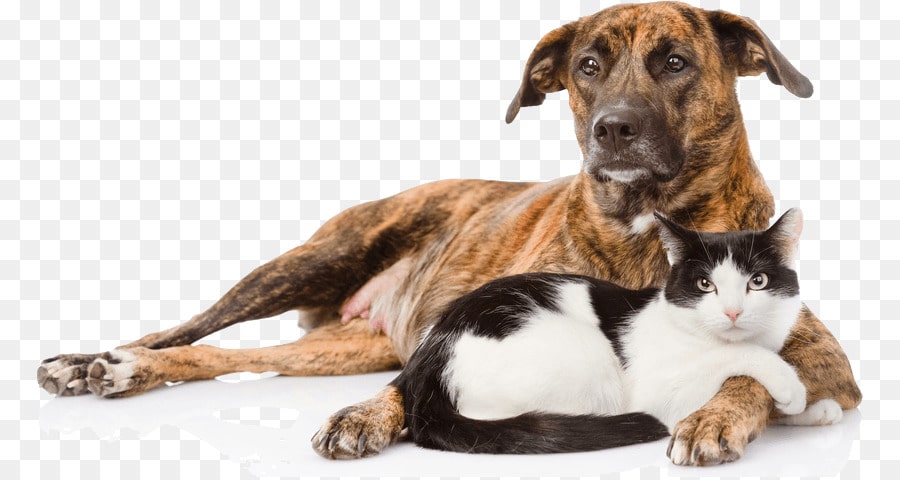Rottweilers are a big breed of domestic dogs that elicits awe and fear. Named after a town in Germany, Rotties were known to be the dogs of butchers in this region because butchers used them to pull carts filled with meat to market. Nowadays, we see Rotties being trained and groomed as rescue dogs, guard dogs, and police dogs.
Breed history
It is presumed that Rottweilers are one of the oldest breeds, perhaps dating as far back to the Roman Empire. The town of Rottweil was founded by the Romans in AD 73. They were using mastiff-type dogs called Roman drover dogs, and Rotties may have descended from them. These Roman drover dogs seem to be a template for Rotties: dependable, rugged, possesses great intellect and guarding instincts. From there, they have become the breed we know today.
Is a Rottweiler right for you?
While huge, Rotties are easy to keep. They have a tendency to get fat if they don’t get enough exercise. For them to be good companions, they need extensive socialization and continuous exposure to people. Rotties are not ideal for first-time dog owners. They can be a handful if not trained in early puppyhood. It is advisable to purchase Rotties from reputable breeders. Its lifespan is up to 10 years old.
Keep in mind that Rotties were bred for guarding and protection. If socially-trained, they can get along nicely with people and other dogs. Male Rotties can become a bit aggressive and dominant. If not trained properly, Rotties can inflict severe damage that’s why you need to be patient and firm when instilling discipline and training them.
Common health issues
Common to large breeds, Rotties are predisposed to hip dysplasia, an abnormal formation of the hip socket which can cause lameness and painful arthritis of the joints. “Osteochondritis dissecans, a condition affecting the shoulder joints, can also be a problem due to the breed’s rapid growth rate.” [1] Rotties are also very prone to osteosarcoma which is among the most common causes of early death in Rottweilers. They are more susceptible to parvovirus, a highly contagious and deadly disease of puppies and young dogs, compared to other breeds.[2] They’re also prone to obesity. We know how obesity impacts the health of dogs as it brings diseases like arthritis, diabetes, heart problems, skin diseases, and overheating.
Diet and nutrition
According to the American Kennel Club, Rotties “should do well on a high-quality dog food, whether commercially manufactured or home-prepared with your veterinarian’s supervision and approval.”[3] Because obesity can be an issue, the need to watch their calorie-intake is important. Avoid giving them too many treats during training. Find out from your vet or research which human foods are safe for your Rottie and which are not.
Addiction Pet Foods gives you a variety of high-quality pet foods. Our products—Dry Dog Food, Raw Dehydrated Food, Meaty Bites treats—are formulated without grains, GMOs, , fillers, corn, wheat, soy, artificial colors, artificial flavorings, and preservatives.
Buy Addiction Pet Foods in a store near you.
Is a Doberman right for you? Find out in our breed highlight here.
Like us on Facebook and follow us on Instagram for more pet health and nutrition updates.
————————————–
Footnotes:
[1] https://en.wikipedia.org/wiki/Rottweiler
[2] ibid.
[3] https://www.akc.org/dog-breeds/rottweiler/











